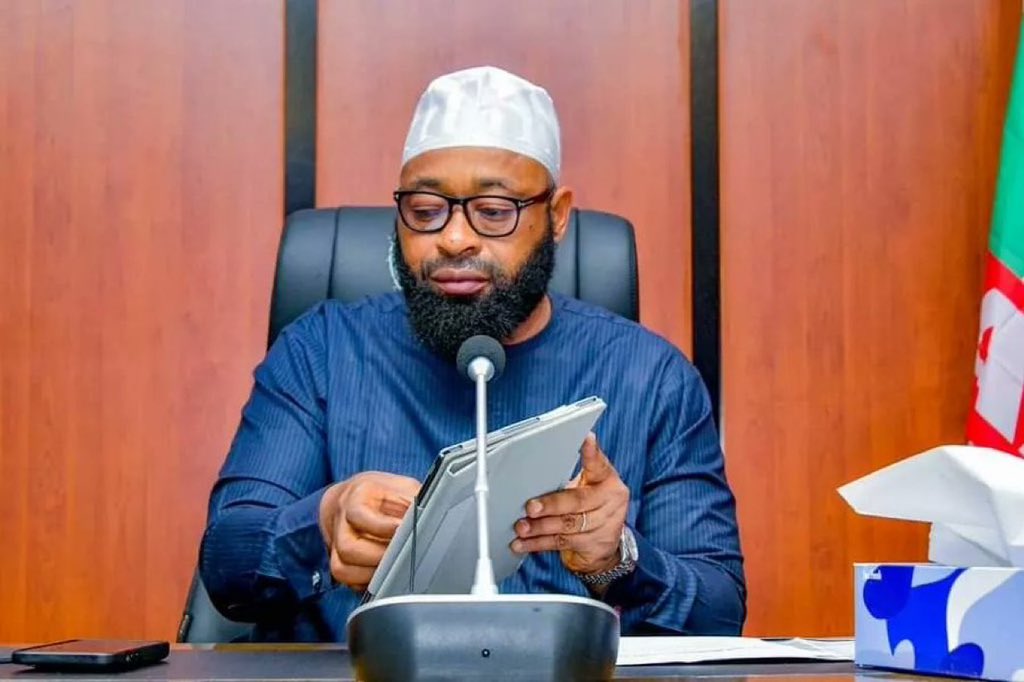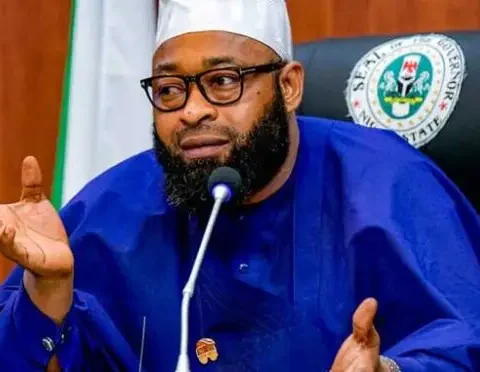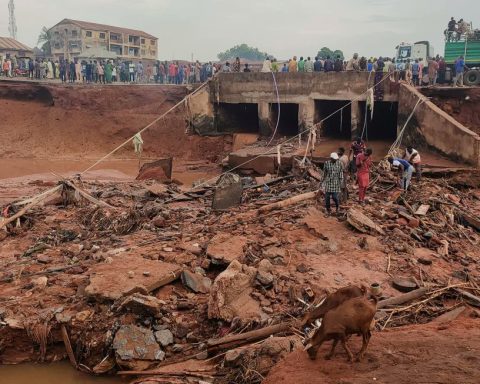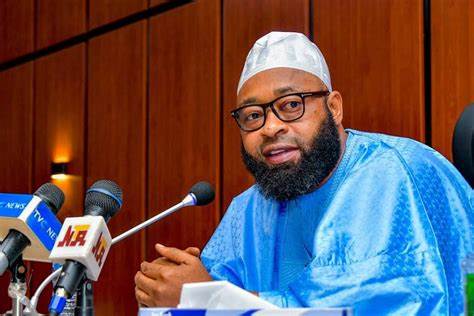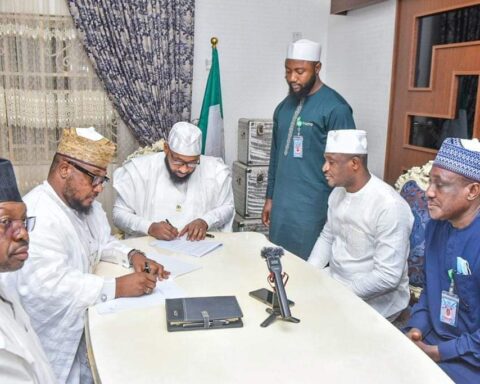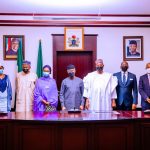Niger State government has banned all forms of religious preaching without official approval, directing that anyone who wishes to preach must obtain a licence.
The order, announced on Thursday by Umar Farooq, Director-General of the State Bureau of Religious Affairs, requires preachers to apply for a licence within two months. Applicants must undergo screening by a panel before being cleared to continue their activities. Farooq said the move was designed to curb inflammatory sermons that threaten public peace.
Join our WhatsApp ChannelHe cited cases of clerics delivering anti-democracy messages, warning that teachings portraying voting or working under government as haram echo extremist ideologies associated with Boko Haram.
This is not the first time Niger State has sought to regulate preaching. In November 2024, authorities shut down an Islamiyya school in Tafa Local Government Area and banned its cleric for promoting anti-democracy teachings.
READ ALSO:U.S. Sanctions On Nigeria Over Religious Killings: Implications On Bilateral Relations
Bishop Kukah Warns Against Dangers Of Religious Coloration Given To Israel-Hamas War
As far back as 2009, the state also restricted open-air preaching, citing rising ethno-religious tensions across northern Nigeria. Other northern states have adopted similar measures. Kaduna State passed a religious preaching law in 2019, setting up an interfaith council and committees to license preachers and regulate the use of loudspeakers. Katsina State has also imposed licensing rules, with fines and prison terms for violators.
Critics, however, warn that such bans could conflict with Section 38(1) of Nigeria’s Constitution, which guarantees freedom of thought, conscience, and religion, including the right to manifest religious beliefs publicly. Lawyers and rights groups argue that unless backed by a law duly passed by the State House of Assembly, licensing requirements may be unconstitutional.
Niger State government insists the policy is necessary to maintain peace and prevent extremist indoctrination. But the development reopens a wider national debate: how to balance religious freedom with state security concerns in a region where sermons can significantly influence public sentiment and, at times, fuel violence.
Amanze Chinonye is a Staff Correspondent at Prime Business Africa, a rising star in the literary world, weaving captivating stories that transport readers to the vibrant landscapes of Nigeria and the rest of Africa. With a unique voice that blends with the newspaper's tradition and style, Chinonye's writing is a masterful exploration of the human condition, delving into themes of identity, culture, and social justice. Through her words, Chinonye paints vivid portraits of everyday African life, from the bustling markets of Nigeria's Lagos to the quiet villages of South Africa's countryside . With a keen eye for detail and a deep understanding of the complexities of Nigerian society, Chinonye's writing is both a testament to the country's rich cultural heritage and a powerful call to action for a brighter future. As a writer, Chinonye is a true storyteller, using her dexterity to educate, inspire, and uplift readers around the world.


